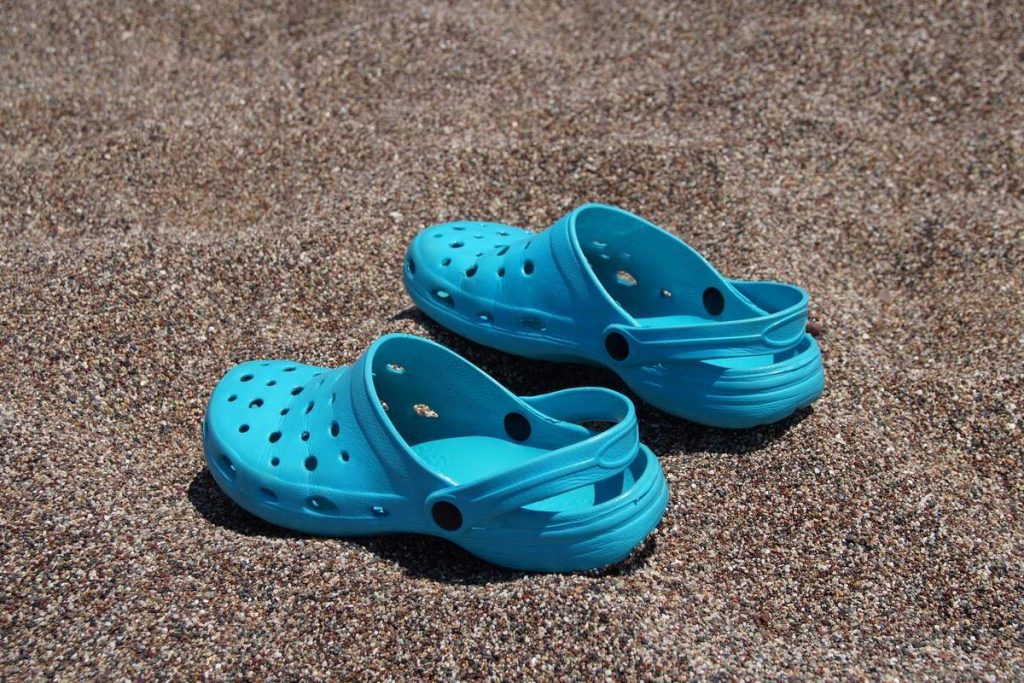Imagine stepping back in time, over 200 million years, to when crocodiles first roamed the Earth. These ancient reptiles have survived mass extinctions, witnessed the rise and fall of dinosaurs, and adapted to changes that wiped out countless other species. World Crocodile Day, celebrated on June 17, isn't just a nod to their incredible resilience; it's a call to action to preserve these magnificent creatures and the ecosystems they inhabit. From the Nile to the Outback, crocodiles play a pivotal role in their environments, yet they face threats from habitat destruction to illegal hunting. This special day, initiated by the Crocodile Specialist Group of the International Union for Conservation of Nature (IUCN), shines a spotlight on the urgent need for conservation efforts. It's a day to honor these formidable predators, not just for their ancient lineage, but for their crucial role in maintaining ecological balance.
Key Takeaway
Timeline
Day Activities
-
Get Wild with Workshops: On World Crocodile Day, enthusiasts and novices alike can dive into educational workshops. These sessions cover everything from crocodile conservation strategies to understanding their complex behaviors. It's a perfect chance to get up close and personal, in a learning sense, with these ancient reptiles without getting your feet wet.
-
Conservation in Action: Participate in local clean-up efforts at crocodile habitats or join in on fundraising events aimed at supporting crocodile research and conservation projects. Every penny and every hand helps in ensuring these magnificent creatures continue to thrive in their natural environments for generations to come.
-
Virtual Reality Voyages: For those who can't make it to the swamps or rivers, virtual reality experiences offer a thrilling peek into the world of crocodiles. Strap on a headset and immerse yourself in the life of a crocodile, exploring their habitats from the safety of your home. It's an innovative way to celebrate these creatures and learn about their importance in the ecosystem.
Interesting Facts
1. Ancient Survivors
Crocodiles have roamed Earth for over 200 million years, outliving dinosaurs.
2. Global Dwellers
Found across Africa, Asia, the Americas, and Australia, adapting to diverse habitats.
3. Cultural Icons
In ancient Egypt, crocodiles were worshipped as gods, symbolizing might and protection.
4. Conservation Challenges
Crocodile populations have declined due to habitat encroachment and hunting.
5. Awareness and Action
World Crocodile Day emphasizes the need for conservation and appreciating their ecological role.
Why We Love This Day
-
Crocodiles are ancient marvels.
Crocs have been around for over 200 million years, making them one of the planet's ultimate survivors. Their ability to adapt to a wide range of habitats, from freshwater rivers to arid deserts, is nothing short of remarkable. Celebrating World Crocodile Day shines a spotlight on these prehistoric creatures, reminding us of their critical role in our global ecosystem and their sheer resilience through time. -
Cultural significance galore.
From being worshipped as gods in ancient Egypt to symbolizing supernatural powers in Australian Aboriginal culture, crocodiles have held a place of reverence and mystique in societies across the globe. This day isn't just about the animals themselves; it's a nod to the rich tapestry of human history and the diverse ways different cultures have interpreted and valued these formidable reptiles. It's a perfect moment to appreciate not only the crocs but also the stories and beliefs that surround them. -
Conservation is key.
With human encroachment threatening their survival, crocodiles have faced their fair share of challenges. World Crocodile Day isn't just for admiration; it's a call to action. It highlights the ongoing efforts to protect these creatures through habitat conservation, sustainable harvesting practices, and education. This day serves as a reminder that every effort counts in ensuring the survival of crocodiles and maintaining the delicate balance of ecosystems they help to stabilize.
Past & Future Dates
| Month | Day | Year |
|---|---|---|
| JUNE | 17 | 2022 |
| JUNE | 17 | 2023 |
| JUNE | 17 | 2024 |
| JUNE | 17 | 2025 |
| JUNE | 17 | 2026 |
| JUNE | 17 | 2027 |
| JUNE | 17 | 2028 |
FAQ
What is World Croc Day?
World Croc Day rolls around each June 17th, shining a spotlight on the precarious situation of endangered crocs. It's a time to encourage folks to dive deeper into the fascinating world of these ancient reptiles.
What day is National Croc Day?
National Croc Day is observed with enthusiasm on October 23 every year, giving fans of the iconic footwear and the reptiles themselves a day to celebrate.
Is there a crocodile day?
Indeed, there's World Crocodile Day, celebrated with gusto on June 17 annually. This special day is earmarked for raising the flag on conservation issues facing crocodiles and gators, nudging people to learn a bit more about our toothy friends.
How many crocodiles are left in the world?
Estimates suggest there are roughly 23 species of crocodilians (which includes crocodiles, alligators, caimans, and their cousins) scattered across the globe. The exact number of individuals is a bit harder to nail down due to factors like habitat loss, poaching, and conservation efforts. However, conservation programs are in place worldwide to protect these magnificent creatures and their habitats.
